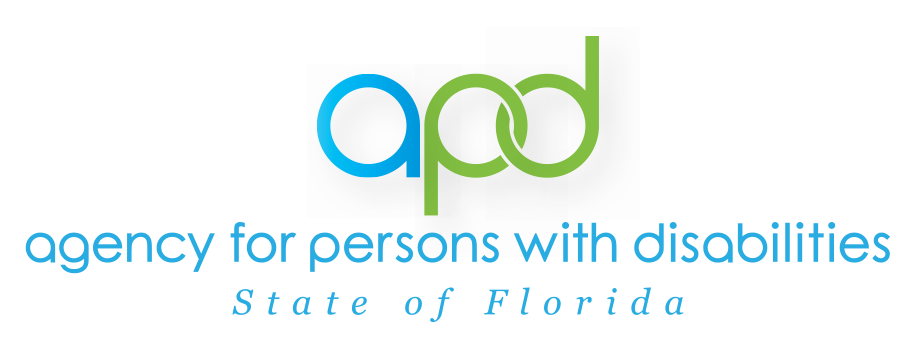APD Central Region Offices

Jeannette Estes
Central Regional Operations Manager (ROM)
Locations
Orlando
400 West Robinson Street, Suite S430
Orlando, FL 32801
Phone: (407) 245-0440
Fax: (407) 245-0578
Counties Served: Brevard, Orange, Osceola, and Seminole
Wildwood
901 Industrial Drive, Suite 100
Wildwood, FL 34785
Phone: (407) 245-0440
Fax: (352) 330-2726
Counties Served: Citrus, Hernando, Lake, Marion, and Sumter
Lakeland
200 North Kentucky Avenue, Suite 422
Lakeland, FL 33801
Phone: (407) 245-0440
Fax: (863) 413-3388
Counties Served: Hardee, Highlands, and Polk
Standard APD Regional E-mail Addresses
There are several workflow processes at the Agency for Persons with Disabilities (APD) such as submitting cost plans, support plans, significant additional needs, etc. Therefore, APD has created standard e-mail addresses you can use to send this information. Please click here to view the compiled list.
Please note, you may still contact staff members via telephone if you have questions, concerns, or issues which require immediate attention.
Contact Information
For a full list of contact information, please click here.
Encrypted E-mail Information
There are commercially available options to send secure, encrypted e-mails to APD. This method encrypts the entire e-mail, including any file attachments, but will still display the subject line so please remember to not include any information about APD consumers in the subject line.
